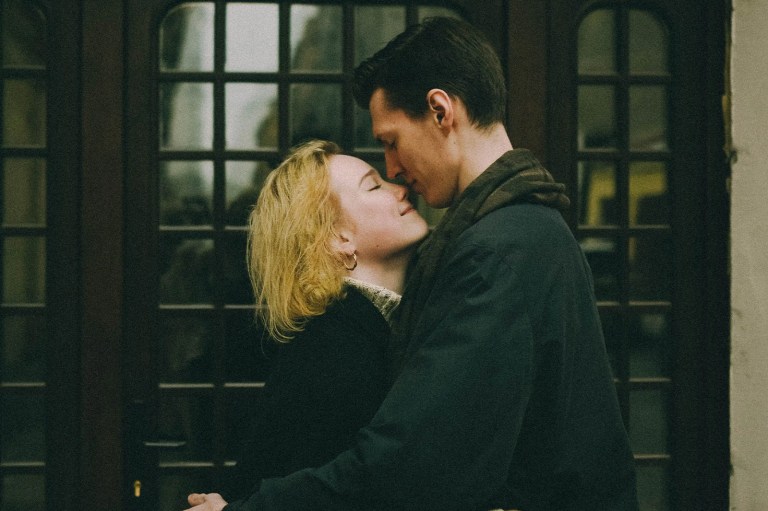
This Is What It’s Like To Be A Highly Empathetic Person With Anxiety
Being the highly empathetic friend with anxiety, however, is often far more complicated than simply listening to friends’ problems and offering a shoulder to cry on.
A highly empathetic person living with anxiety is the quintessential “therapist friend,” the friend who’s constantly primed to listen to others’ problems and offer unconditional support and undying love. They may listen because they feel so deeply, because they know what it is to feel misunderstood, afraid, or alone. Being the highly empathetic friend with anxiety, however, is often far more complicated than simply listening to friends’ problems and offering a shoulder to cry on.
It’s always listening instead of speaking out of a pervasive fear that if you express your worries or deepest vulnerabilities, your friends might judge you or leave you. It’s providing the empathy you wish you could find but are afraid to seek out in others, in the hope that even though you are afraid of self-revelation, your friends will always feel safe and supported.
It’s constantly worrying if your friends are OK after they disclose their deepest-held feelings. It’s wondering if you truly helped them or if they still feel as though they are floundering through life, seeking answers, but never finding any. It’s feeling the pervasive desire to check up on your friends when they are having difficulty in life, but resisting the temptation out of the fear that you’ll come across as clingy.
It’s carrying years’ worth of secrets, both your own and others.’ It’s constantly feeling as though you’re not special enough or safe enough to hold such significant pieces of others’ lives and wondering why they chose to tell you their secrets over someone who may know everything else about them. It’s living in constant fear of revealing someone’s deepest, darkest fears and problems, even in your stark silence. It’s feeling as though you are a protector; always alert, always vigilant, always terrified of revelation.
It’s feeling the sheer weight of your problems heaped upon many others.’ It’s wondering if your friends truly realize how deeply your constant anxiety affects you, but always attempting to appear healthy enough, functional enough to help them. It’s feeling your constant fear slowly morphing into a state of perpetual exhaustion. It’s wondering how many more problems you can bear before being forced to resign from your coveted title: “The Friend Who Can Always Help.”
It’s listening to others, even in the moments anxiety tears at you, out of the fear that maybe, they’re in more dire need of help than you. It’s gradually feeling centered as others open up to you, even in the wake of your anxiety, as you remove the focus from your own life. It’s discovering a renewed sense of comfort in listening, as though your anxiety is removed from your body. It’s recognizing that even through your desire to conceal your perceived flaws, we all have problems, and we all have a need to feel heard and understood.
It’s taking time for self-care and worrying who will listen to your friends if you don’t, but ultimately recognizing that sometimes, your needs must come first. It’s feeling wracked with guilt at the thought of taking time for yourself, but gradually feeling your discomfort dissipate as you discover the beauty of living for yourself, not in the constant service of others.
Being a highly empathetic person with anxiety is discovering that you have a widely-coveted gift—the ability to use your presence to comfort others. It’s gradually learning not to let your anxiety rule you as you help others explore their problems. It’s slowly refusing to allow the weight of life’s problems to drain you. It’s recognizing the benefits of self-care and learning to believe that your friends will survive if you have a life outside of them. It’s learning to balance your anxiety and your empathy in the hope that you will become stronger, not only for others, but for yourself. ![]()











